Understanding Memory: A Complex Process
To comprehend the roots of memory issues, it’s essential to grasp the nature of memory itself. Memory can be defined as the cognitive process of encoding, storing, and retrieving information. It involves the ability to retain and recall past experiences, knowledge, sensations, and thoughts. Memory plays a fundamental role in various cognitive functions, including learning, decision-making, problem-solving, and language comprehension.
When our brains aren’t operating optimally, we may observe shifts in our memory. However, what appears as a memory problem may often stem from issues with attention.
The Role of Attention in Memory
Consider a scenario: amidst the chaos of daily life, you’re multitasking—cooking dinner, with the TV blaring, children playing music, a needy pet at your feet, and a neighbor mowing the lawn. Amidst this cacophony, your partner calls, detailing plans for Thursday night. Amidst the distractions, recalling this information becomes challenging. This isn’t memory failure but a manifestation of divided attention hindering proper encoding of new information.
True Memory Problems
Yet, genuine memory issues do arise, often indicative of inefficiencies in the brain’s storage system, possibly due to disease or disorder. For instance, if during a focused conversation, devoid of distractions, you swiftly forget details shared moments earlier—this hints at rapid forgetting, a hallmark of conditions like Alzheimer’s disease. Alternatively, difficulty retrieving stored memories, as seen in vascular dementia or Parkinson’s disease, suggests retrieval issues rather than encoding problems.
Vulnerabilities of Long-Term Memory
Long-term memory, encompassing past events, is not immune to decay, particularly following acquired brain injuries such as trauma, stroke, or epilepsy. Individuals may struggle to recall pre- or post-injury events, while their short-term memory remains intact.
Cognitive Assessment: Unraveling Memory Challenges
Whether stemming from attentional lapses, storage system inefficiencies, or retrieval difficulties, seeking a cognitive assessment is pivotal to pinpointing memory-related issues.
Safeguarding Memories: Tips for Memory Preservation
1. Stay Mentally Active: Engage in activities that challenge your brain, such as puzzles, reading, or learning new skills.
2. Physical Exercise: Regular exercise not only benefits your body but also promotes brain health and memory function.
3. Healthy Diet: Eat a balanced diet rich in fruits, vegetables, whole grains, and healthy fats to support brain function.
4. Adequate Sleep: Prioritize quality sleep as it plays a crucial role in memory consolidation and cognitive function.
5. Socialize: Maintain social connections and participate in meaningful interactions, as social engagement is linked to better cognitive health.
6. Manage Stress: Practice stress-reduction techniques such as meditation, deep breathing, or yoga to protect against cognitive decline.
7. Limit Alcohol: Excessive alcohol consumption can impair memory and cognitive function, so moderate intake is advised.
8. Quit Smoking: Smoking can damage blood vessels and impair brain function, so quitting smoking can benefit both your overall health and memory.
9. Stay Organised: Use calendars, lists, and reminders to help keep important information easily accessible and reduce cognitive load.
10. Seek Medical Advice: Consult a healthcare professional if you notice persistent or concerning changes in your memory or cognitive function. Early intervention can be crucial in managing and potentially slowing down the progression of memory-related conditions.

